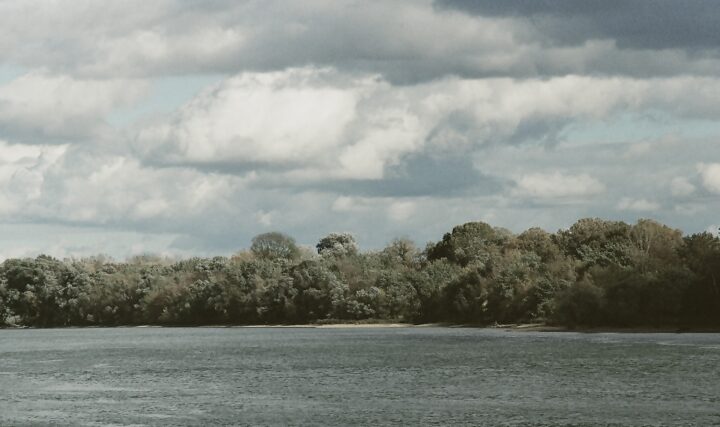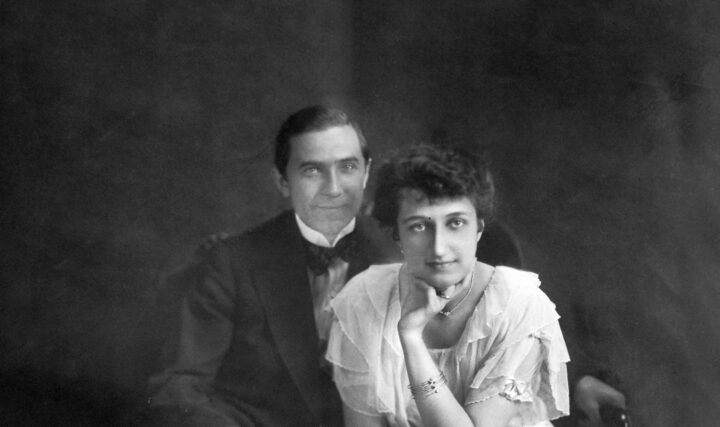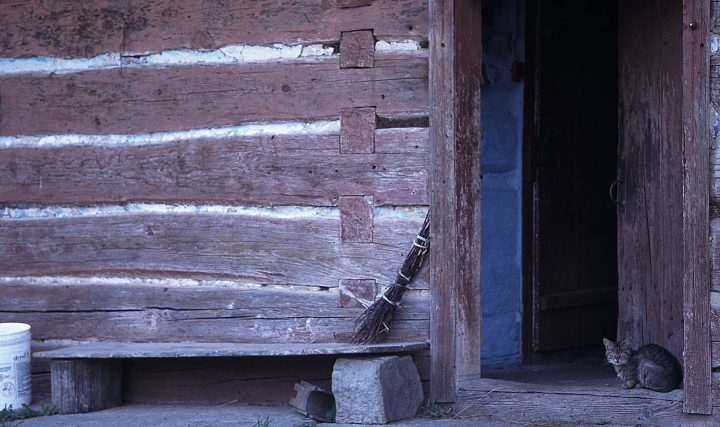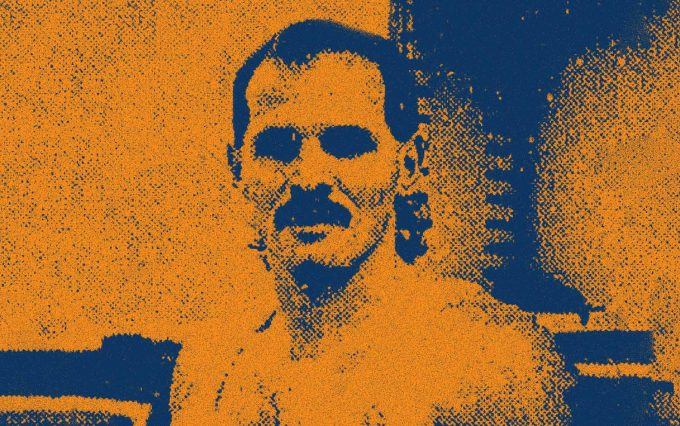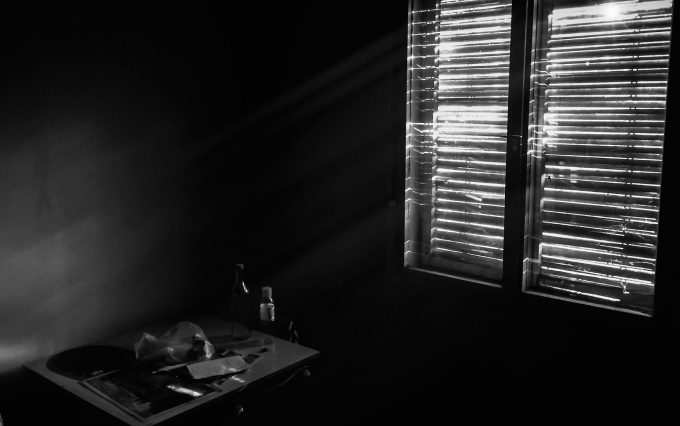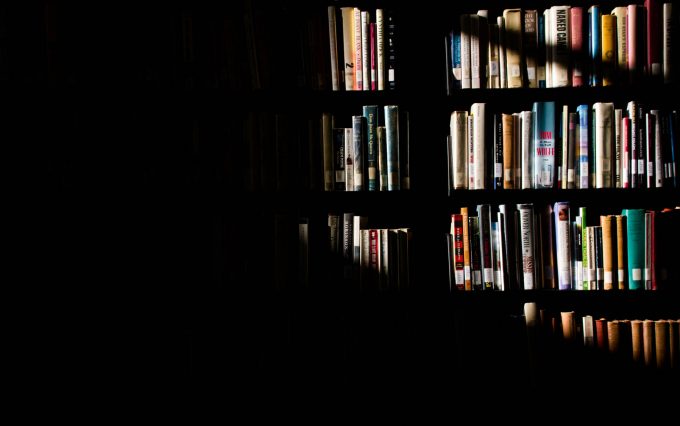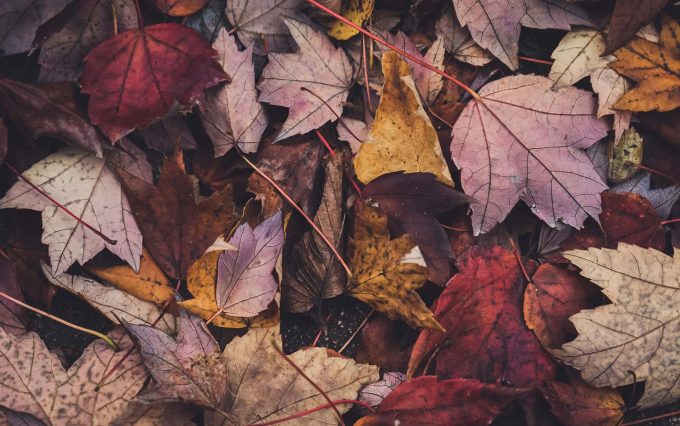A poem by the British poet and translator, born in Budapest, George Szirtes.
András Dezső investigates the stories of three Hungarian gangsters who defected from 1980s communist Hungary for the Los Angeles underworld.
George Szirtes introduces our poets, and considers the topography of craving and its synonyms; the terrain, landmarks, and boundaries.
In this essay, Lina Mounzer ponders how violent conflicts over the possession of spaces transform the world in which an artist creates.
Two poems, College Library Toilets and Tan Oil by Hungarian poet András Gerevich, in Andrew Fentham’s translation, for our focus of “Crave”.
In this novel excerpt, a woman involved in an affair ponders the ways in which the shadows of the past hang over the cravings of the present.
Religious attitudes, architecture, and adventure combine in a boy’s life, in a poem by the Hungarian poet Gyula Jenei, translated by Diana Senechal.
A boy walks alone through the changing layers of leaves, in a poem by the Hungarian poet Gyula Jenei, translated by Diana Senechal.
A child gets a life (or non-life) lesson, in a poem by the Hungarian poet Gyula Jenei, translated by Diana Senechal.
